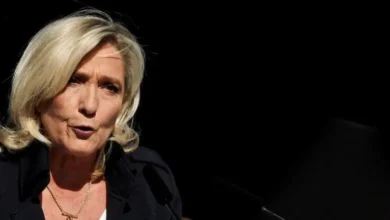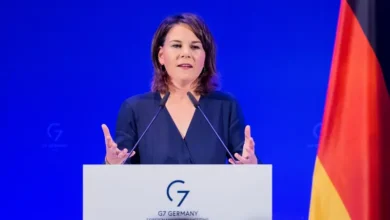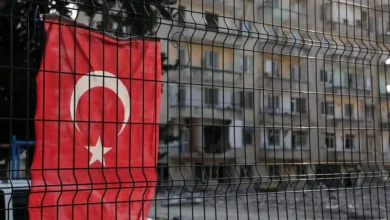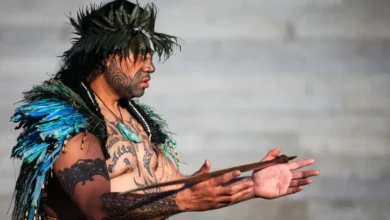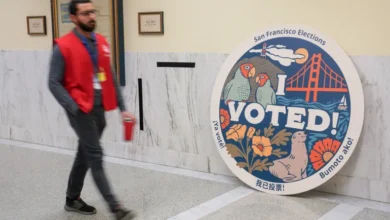How teachers and librarians are subverting book bans in the US
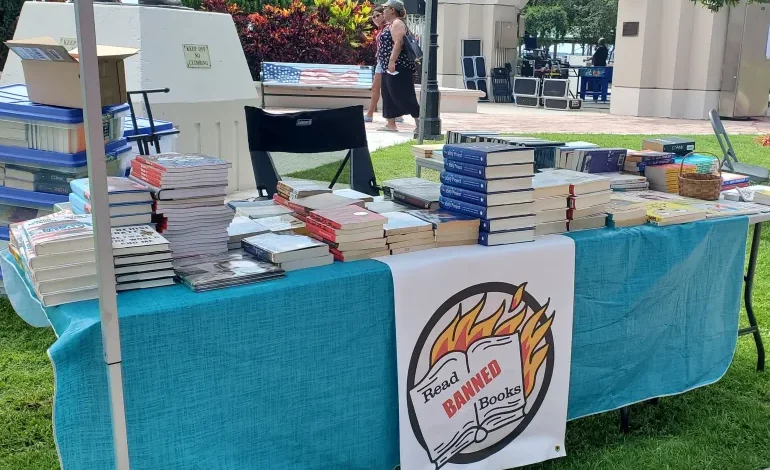
Adam Tritt, a high school English teacher in Melbourne, Florida, was up at dawn on April 3. He worked a full day and then drove to meet his wife and a dozen volunteers who organised an event to distribute banned books to young people and their parents. They gave out 900 books that night.
Tritt has been hosting these events for the past year through his organisation Foundation 451, a reference to Ray Bradbury’s novel Fahrenheit 451 set in a dystopian world in which the government burns illegal books. He has received death threats, but these only encourage him to give away more books.At an event in July, he saw a teenager pick up a copy of This Book Is Gay. People walked over and she put it down. He saw her pick it up and put it down several times before taking another book and leaving. Later, she returned and asked, “Can I give this back and take the book I need?” Tritt said yes, and she began to cry.
Last year, Florida Governor Ron DeSantis signed HB 1557, which LGBTQ rights advocates call the “Don’t Say Gay” law because it bans classroom discussion of sexuality or gender in kindergarten through grade three, and allows parents to sue if they believe a teacher has violated the law.
DeSantis also signed the Stop the Wrongs to Our Kids and Employees Act, or the “Stop WOKE” Act, which prohibits the teaching of critical race theory in schools. The laws do not outright ban books, but due to their broad language, Florida schools are removing books that could be in violation. Teachers are stuck in the middle: they can distribute only approved books in the classroom or they could face dire consequences.School districts have reported removing 175 books from schools across the state. DeSantis claims he is restricting books in the classroom that contain “pornography and sexual material”, including This Book Is Gay. The governor asserted most of the removed books were identified as pornographic, violent or inappropriate for their grade level.Librarians and teachers told Al Jazeera the restrictions mostly target books and curriculum relating to LGBTQ+ issues and topics on race, and the growing censorship is a backlash to African Americans, gay and transgender people demanding equal treatment.Thousands of banned books
In May 2022, Tritt received an email from the Florida Department of Education that made his blood boil. It asked him and other teachers to remove Slaughterhouse Five and The Kite Runner from their shelves. When he got home, he channelled his anger into setting up a GoFundMe to buy copies of the two books and make them available. Within a week, he had raised more than $15,000.
Almost a year later, the flood of books forced Tritt and his wife to get a trailer to store them. They have set up four little free libraries in churches and businesses. Recently, a teacher realised she could not hand out 40 copies of The Stars Beneath Our Feet to her students because the story involved an LGBTQ character, so she gave the whole box to Tritt. He estimated his crew has distributed 3,000 books to date.
“What happens when these specific books are no longer available is, it decreases representation remarkably, and when you are not represented, you know that you do not have power,” he said.
Making digital books available
The surge in book bans may look alarming, but for those who can connect online, digital library cards are allowing anyone to access ebooks and audiobooks.
Last year, Linda Johnson, president and CEO of the Brooklyn Public Library, felt disturbed by the proliferation of book bans and wanted to combat censorship in other states. The library reached out to schools and libraries in Texas to try to partner with them, but they were hesitant because they feared losing accreditation or funding. “We decided, well, we’ll do this ourselves,” Johnson said.
The library launched Books UnBanned, a programme that allows anyone aged 13 to 21 in the US to access banned books by requesting a free digital library card. The library offers 350,000 ebooks and 200,000 audiobooks with no waitlist for cardholders.
A year later, Johnson said the library has issued cards to people in every state. “We’ve issued about 7,000 cards and we’ve circulated almost 90,000 books.”


